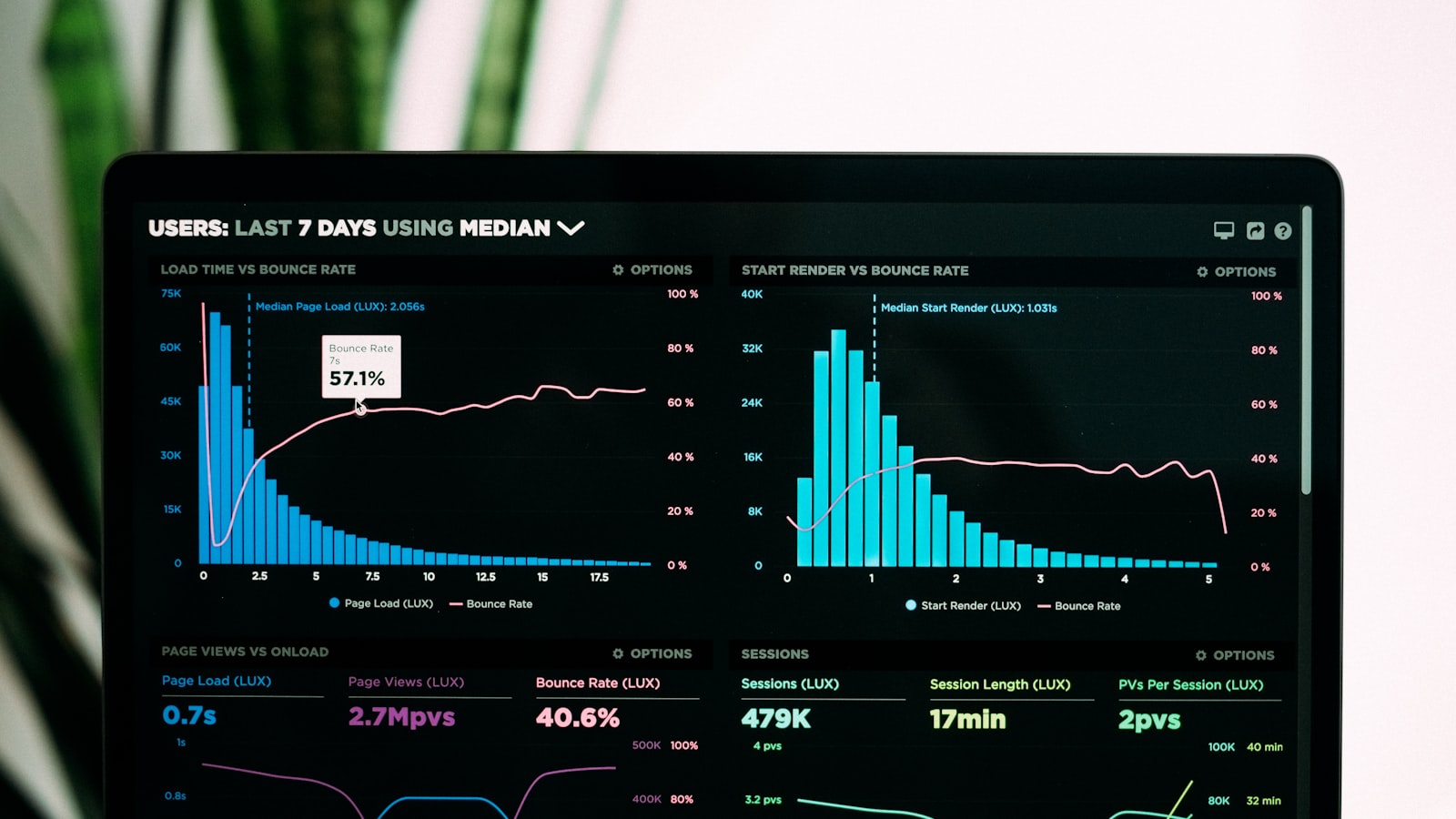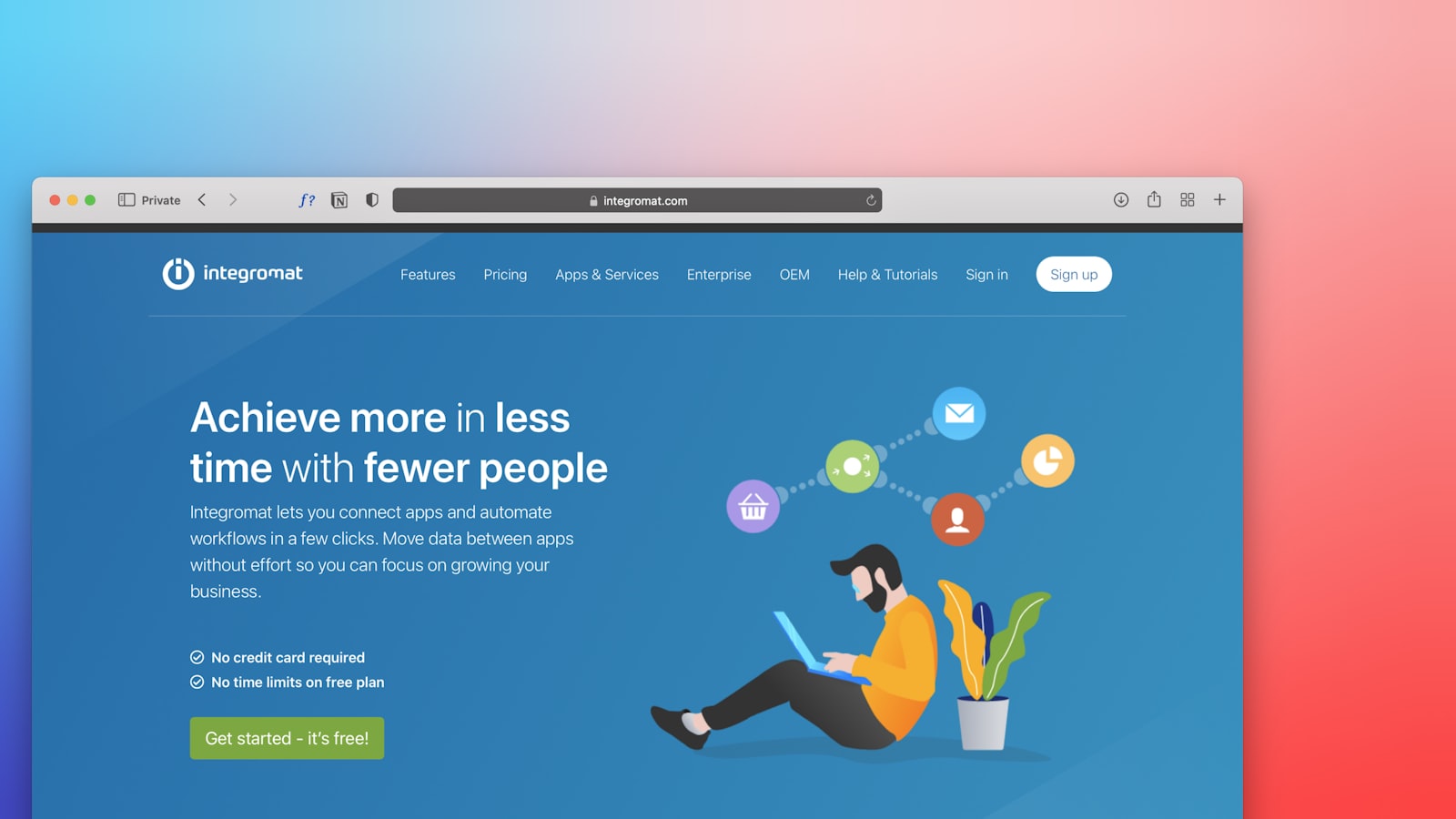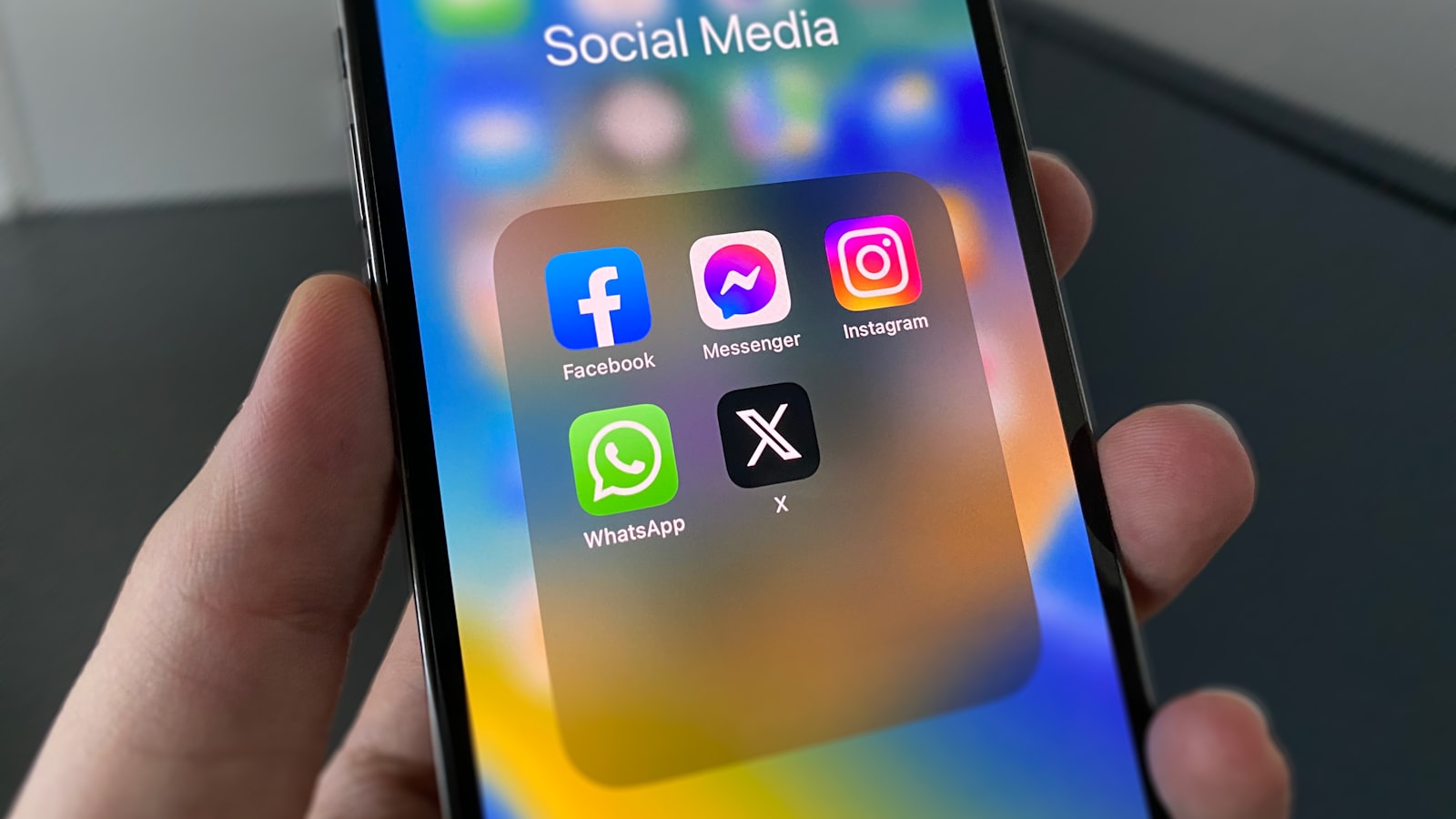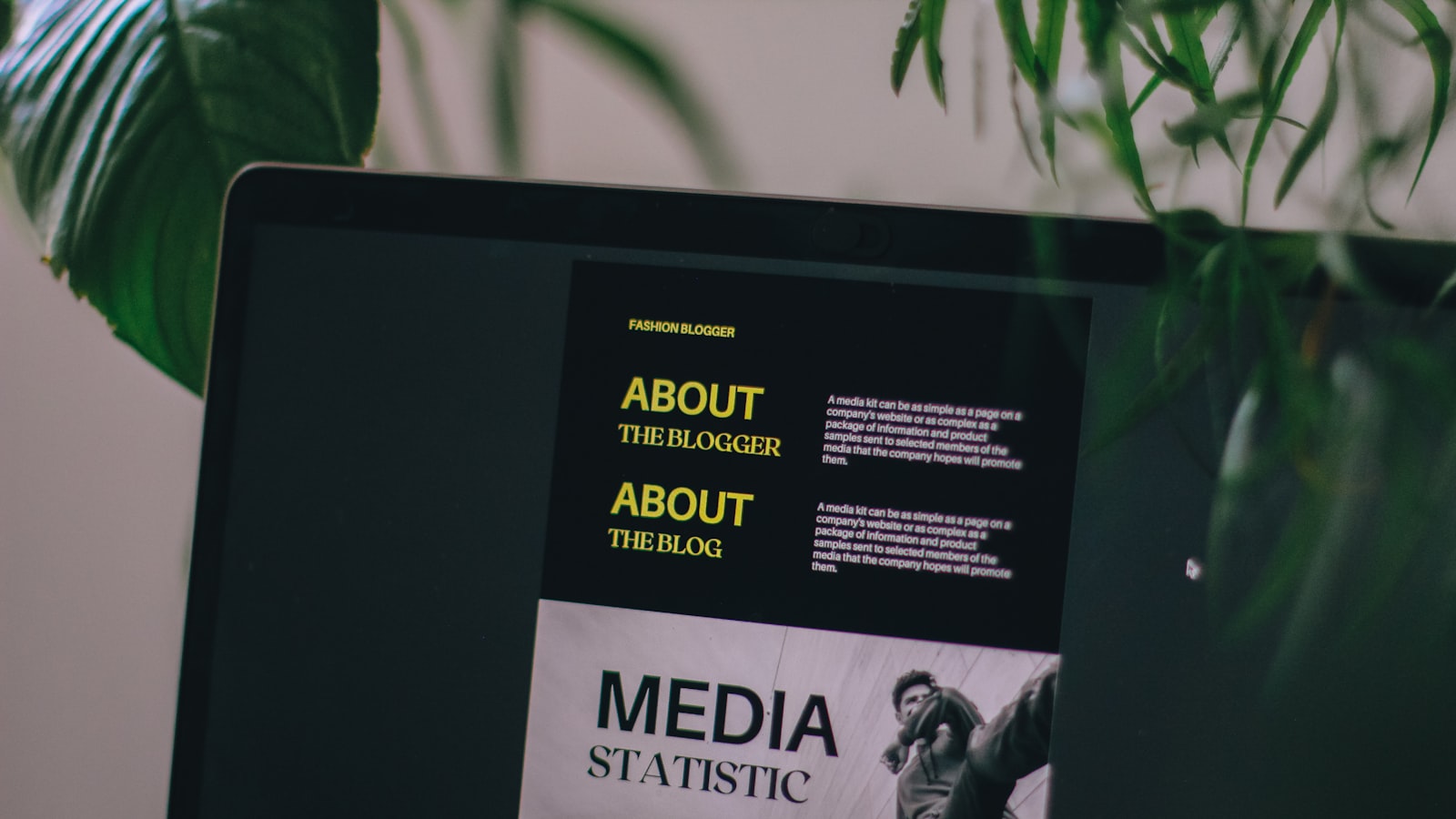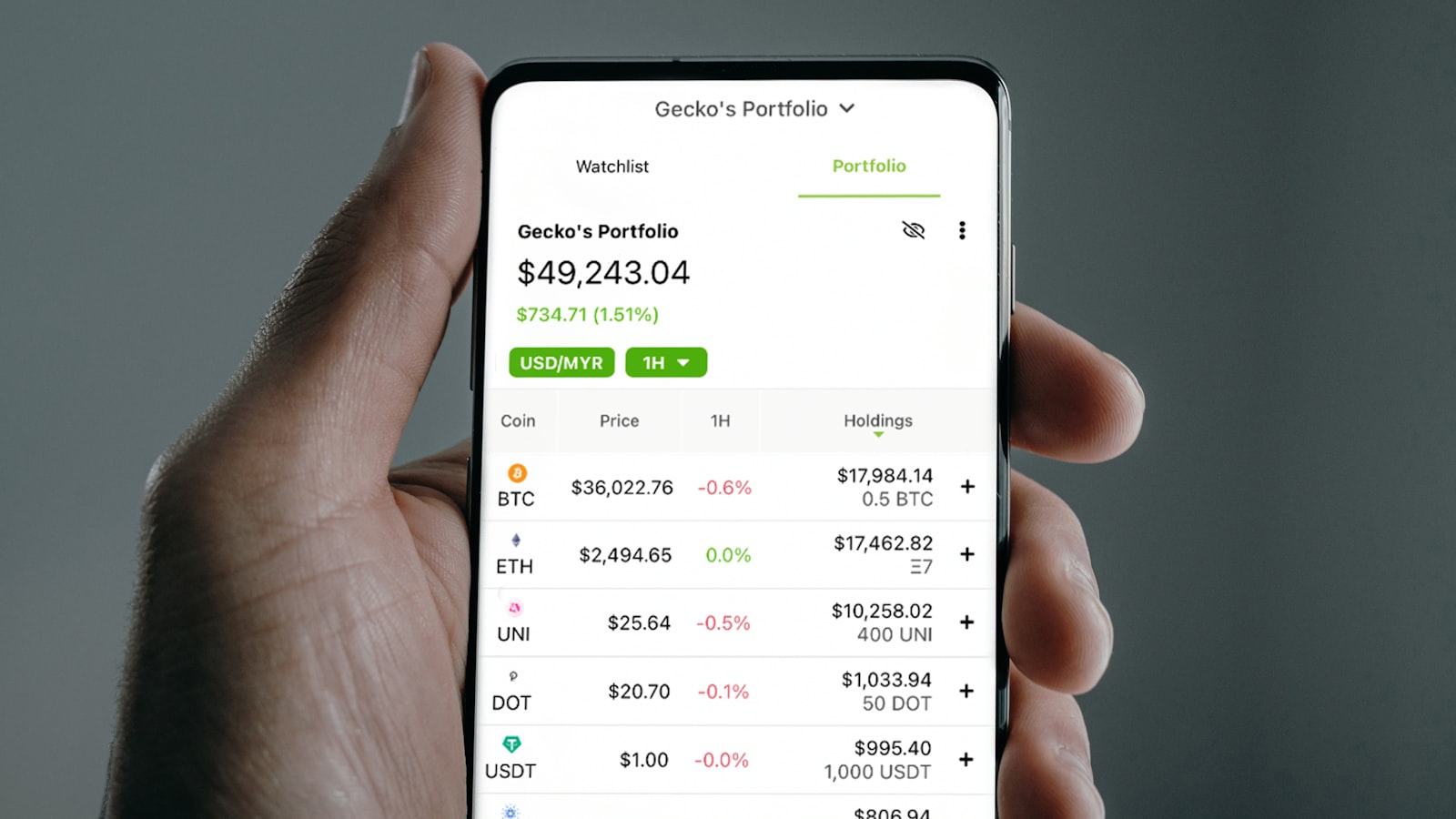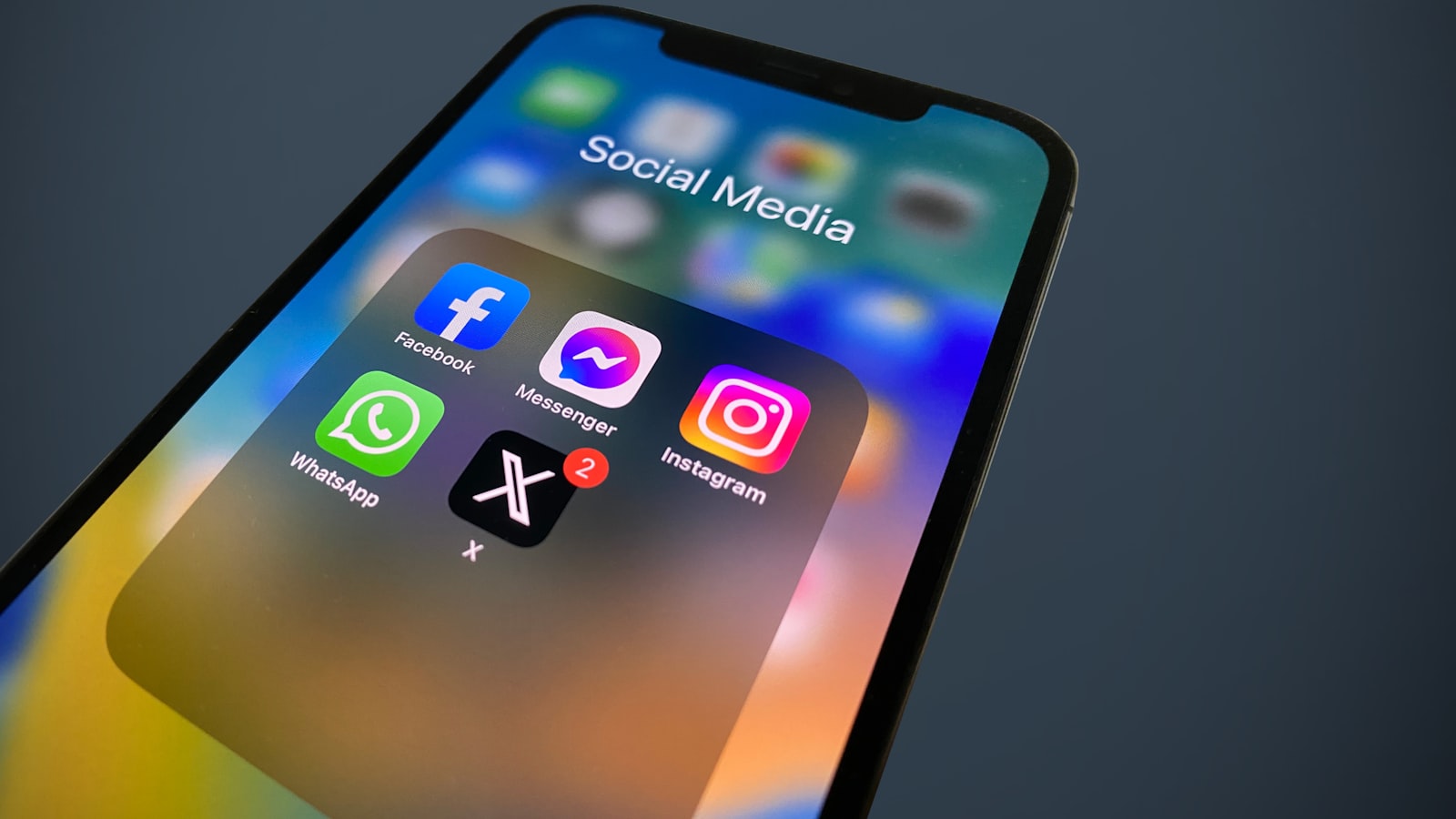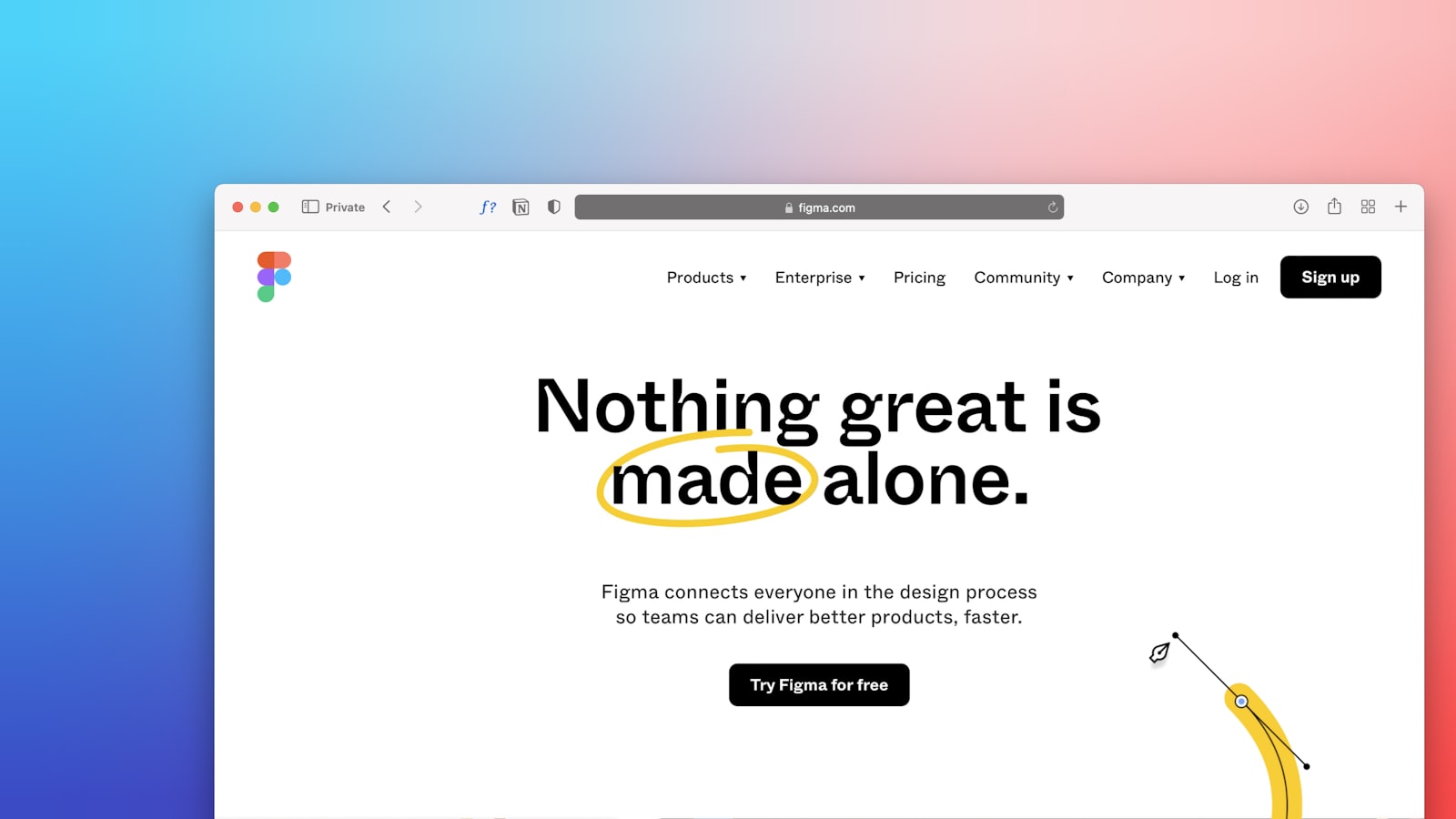Understanding Marketing Qualified Leads (MQLs) in the Sales Funnel Ever wonder why some leads just seem to fizzle out while others are practically waving cash in your face? Well, my friend, let's talk about
Marketing Qualified Leads (MQLs). They're the golden nuggets in the sales funnel that every marketer dreams of. What is a Marketing Qualified Lead (MQL)? An MQL is like the VIP guest at your sales party. These leads have shown enough interest and engagement to be considered more likely to become customers compared to other leads. They're not just window shopping; they're seriously considering a purchase. Importance of MQLs in the Sales Funnel
Prioritizing Resources: Focus your sales efforts where they matter most.
Improved Conversion Rates: MQLs are more likely to convert into paying customers.
Efficient Lead Management: Streamline your lead qualification process. Understanding Marketing Qualified Leads (MQLs) in the Sales Funnel Characteristics and Actions of MQLs Marketing Qualified Leads (MQLs) are the lifeblood of any successful sales funnel. These leads have shown genuine interest in your offerings, making them prime candidates for conversion. But what actions do MQLs typically take, and how can you identify them? Let's break it down. Examples of MQL Actions
Downloading trial software or eBooks: When a lead takes the time to download your trial software or an eBook, they're clearly interested in what you have to offer.
Filling out online forms: Submitting contact forms or inquiry forms indicates a willingness to engage further.
Subscribing to newsletters: Signing up for your newsletter shows they want to stay updated with your content.
Adding items to a shopping cart: This action demonstrates a strong intent to purchase, even if they don't complete the transaction immediately.
Repeated site visits: Frequent visits to your website suggest ongoing interest and engagement. Behavioral Indicators
Engagement with content: MQLs often engage deeply with your content, such as reading blog posts, watching videos, or attending webinars.
Interaction with marketing assets: Clicking on ads, downloading whitepapers, or participating in surveys are strong indicators of an MQL. Understanding these actions and behaviors can help you fine-tune your lead generation strategies. For more tips on improving lead quality and conversion rates, check out our
10 Strategies for Improving Lead Quality and Conversion Rates. By recognizing these key actions and behaviors, you can better identify and nurture MQLs, ultimately driving more successful conversions. For a deeper dive into creating a high-performing lead generation strategy, visit our guide on
How to Develop a High-Performing SaaS Lead Generation Strategy. Understanding Marketing Qualified Leads (MQLs) in the Sales Funnel How to Identify Marketing Qualified Leads Developing MQL Criteria Identifying a marketing qualified lead (MQL) starts with setting clear criteria. This involves looking at both demographic and firmographic data, as well as behavioral data.
Demographic and Firmographic Data: Consider factors like age, location, job title, company size, and industry. These details help paint a picture of who your potential customer is.
Behavioral Data: Track actions such as website visits, content downloads, and email engagement. These behaviors indicate a lead's interest level and readiness to move down the sales funnel. Lead Scoring System Once you have your criteria, the next step is to implement a lead scoring system. This system assigns point values to different actions and characteristics, helping you prioritize leads.
Assigning Point Values: Give higher points to actions that show strong intent, like requesting a demo or adding items to a cart. Lesser points might go to actions like opening an email or visiting a blog post.
Using Analytics and Historical Data: Analyze past data to understand which actions led to conversions. Use this information to refine your point system and make it more effective. Tools and Techniques for Identifying MQLs To streamline the process of identifying MQLs, leverage technology. Here are some essential tools:
CRM Systems: Customer Relationship Management (CRM) systems like Salesforce or HubSpot help you track and manage your leads. They provide valuable insights into lead behavior and interactions.
Marketing Automation Tools: Tools like Marketo or Pardot automate various marketing tasks. They can help in scoring leads, sending personalized emails, and tracking engagement, making your MQL identification process more efficient. For more strategies on improving lead quality and conversion rates, check out our
10 Strategies for Improving Lead Quality and Conversion Rates. Understanding and effectively identifying MQLs can significantly enhance your marketing and sales efforts. By developing precise criteria, implementing a robust lead scoring system, and utilizing the right tools, you can focus your resources on leads with the highest potential for conversion. Understanding Marketing Qualified Leads (MQLs) in the Sales Funnel Transition from MQL to SQL Difference Between MQL and SQL Marketing Qualified Leads (MQLs) and Sales Qualified Leads (SQLs) are two critical stages in the sales funnel. Understanding the difference between them is key to optimizing your lead conversion process. Definition and Characteristics of SQL An SQL is a lead that has shown a strong intent to purchase. Unlike MQLs, who are still in the research phase, SQLs are ready to engage with the sales team. They have demonstrated behaviors that indicate a higher likelihood of conversion. Examples of SQL Actions Requesting product demos Signing up for free trials Engaging with pricing pages Directly communicating with the sales team Handoff Process Between Marketing and Sales The transition from MQL to SQL requires seamless coordination between marketing and sales teams. This handoff process is crucial for maintaining lead momentum and ensuring that potential customers receive the right information at the right time. Importance of Alignment Between Teams Alignment between marketing and sales teams ensures that leads are nurtured effectively throughout their journey. Both teams need to agree on the criteria that define MQLs and SQLs, and work together to track and analyze lead behaviors. Communication and Collaboration Strategies Effective communication strategies include regular meetings, shared goals, and integrated tools. Using a CRM system can help both teams stay on the same page regarding lead status and next steps. For more tips on improving lead quality and conversion rates, check out our
10 strategies for improving lead quality and conversion rates. For more insights on optimizing your sales funnel, explore our guide on
SaaS sales funnel best practices. Understanding Marketing Qualified Leads (MQLs) in the Sales Funnel Best Practices for Managing MQLs Nurturing MQLs Managing Marketing Qualified Leads (MQLs) effectively can make a significant difference in your sales funnel. Here are some best practices to keep those leads warm and ready for the sales team: Content Marketing Strategies Content is king, and it's no different when nurturing MQLs. Provide valuable content that addresses their pain points and interests. This could be in the form of: Blog posts Whitepapers Webinars Case studies For more on creating effective content, check out our
guide on SaaS lead generation strategies. Email Campaigns Email marketing remains a powerful tool. Segment your MQLs and send tailored email campaigns that cater to their specific needs and stage in the buyer's journey. Personalization is key here—use data from their interactions to tailor your emails. A simple Hey, we noticed you downloaded our eBook on X, would you be interested in a webinar on Y? can go a long way. Personalized Follow-Ups Don't let your MQLs feel like just another number. Personalized follow-ups can make a huge difference. Use data from their interactions to tailor your follow-ups. A simple Hey, we noticed you downloaded our eBook on X, would you be interested in a webinar on Y? can go a long way. Revisiting and Refining MQL Criteria Your MQL criteria should not be static. Regularly revisiting and refining these criteria ensures you're always targeting the right leads. Regular Review and Updates Set a schedule to review your MQL criteria. This could be quarterly or bi-annually. Look at your conversion data and see if your criteria are still relevant. Are there new behaviors or demographics that should be included? Adjust accordingly. Incorporating Feedback from Sales Team Your sales team is on the front lines and can provide invaluable insights. Regularly meet with them to get feedback on the quality of MQLs. Are they converting? If not, why? Use this feedback to tweak your criteria and improve lead quality. For more strategies on improving lead quality and conversion rates, check out our
comprehensive guide. Understanding Marketing Qualified Leads (MQLs) in the Sales Funnel Common Challenges and Solutions Overvaluing and Undervaluing MQLs Overvaluing or undervaluing Marketing Qualified Leads (MQLs) can throw a wrench in your sales funnel. Overvaluing MQLs can lead to wasted resources on leads that aren't ready to convert. On the flip side, undervaluing them means missing out on potential sales opportunities. The key is to strike a balance by consistently reviewing and refining your MQL criteria. Balancing Quantity and Quality of Leads It's tempting to focus on generating a high volume of leads, but quality trumps quantity every time. A flood of low-quality leads can overwhelm your sales team and lead to burnout. Instead, aim for a healthy mix of both. Use targeted strategies to attract high-quality leads. For more tips, check out our
10 Strategies for Improving Lead Quality and Conversion Rates. Ensuring Consistent Criteria Across Teams Misalignment between marketing and sales teams can be a major hurdle. If both teams aren't on the same page about what constitutes an MQL, chaos ensues. Regular meetings and clear communication channels are essential. Define and document your MQL criteria and make sure everyone sticks to it. You might find our article on
SaaS Sales Funnel Best Practices useful for this. Utilizing Data to Improve MQL Conversion Rates Data is your best friend when it comes to improving MQL conversion rates. Analyze past campaigns, track lead behavior, and use analytics to tweak your strategies. Tools like CRM systems and marketing automation platforms can be invaluable. For a deeper dive into effective lead generation strategies, visit our guide on
Developing a High-Performing SaaS Lead Generation Strategy. Understanding Marketing Qualified Leads (MQLs) in the Sales Funnel Conclusion Summary of Key Points Throughout this article, we've dissected the concept of Marketing Qualified Leads (MQLs) and their pivotal role in the sales funnel. Here are the key takeaways:
Definition and Importance: MQLs are potential customers who have shown a significant interest in your offerings and are more likely to convert.
Characteristics and Actions: MQLs engage with your content, fill out forms, and interact with marketing assets.
Identification: Use demographic, firmographic, and behavioral data to develop MQL criteria and employ lead scoring systems.
Transition to SQL: Understand the handoff process between marketing and sales to ensure seamless transition and alignment.
Best Practices: Nurture MQLs with content marketing, email campaigns, and personalized follow-ups. Regularly review and refine MQL criteria.
Challenges and Solutions: Balance the quantity and quality of leads, maintain consistent criteria, and utilize data to improve conversion rates. Importance of Continuous Improvement in MQL Strategies In the ever-evolving world of marketing, resting on your laurels is not an option. Continuous improvement in your MQL strategies is crucial for staying ahead. Regularly revisit and refine your criteria based on feedback from your sales team and data analytics. This ensures that your process remains efficient and effective. For more insights on improving lead quality and conversion rates, check out our
10 strategies for improving lead quality and conversion rates. Final Thoughts on Optimizing the Sales Funnel with MQLs Optimizing your sales funnel with MQLs is not just about identifying potential leads but nurturing them until they are ready for sales engagement. This requires a strategic approach, leveraging tools like CRM systems and marketing automation. By doing so, you ensure that your marketing and sales teams are aligned, leading to higher conversion rates and better customer relationships. For more tips on optimizing your sales funnel, explore our guide on
10 SaaS sales funnel best practices. Remember, the journey from MQL to SQL is a marathon, not a sprint. Keep refining your strategies, stay adaptable, and watch your conversion rates soar.



